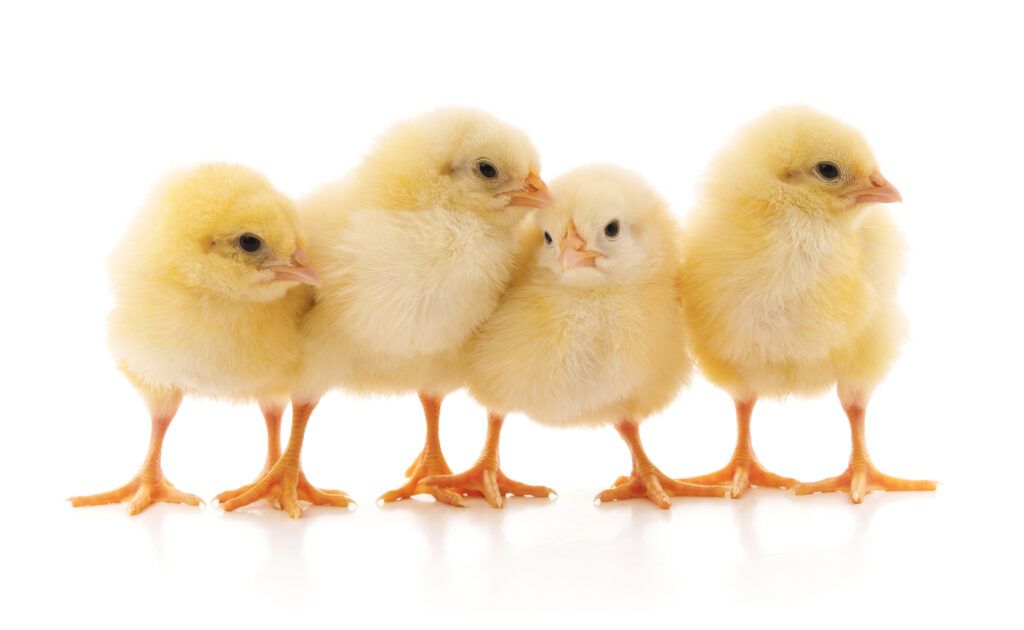Raising Chicks on Your Farm: A Comprehensive Guide for Success
Raising chicks on a farm is a rewarding experience that requires proper planning, care, and attention to detail. Whether you are raising them for egg production or meat, creating the right environment and providing the essentials are key to their healthy growth. Perkco Supply Inc. sells chicks at our shop, and we’re here to guide you with expert tips and high-quality products for all your poultry needs.
Setting Up the Perfect Brooder for Your Chicks
A brooder is the foundation of your chicks’ early life, providing warmth, protection, and comfort. Use a box, tub, or small pen lined with bedding, such as pine shavings, to create a safe environment. Maintain a consistent temperature of 90–95 degrees for the first week, lowering it by five degrees each subsequent week until they are ready to transition to an outdoor coop. Use a heat lamp or brooder plate to ensure warmth and monitor their behavior to adjust conditions.
Choosing the Right Feed for Growing Chicks
Proper nutrition is critical during the early stages of development. Provide starter feed that contains 18–20 percent protein to support rapid growth. Chicks should have constant access to fresh, clean water and crumble-style feed to make it easy for them to eat. Avoid giving adult bird feed, as it lacks the essential nutrients young chicks need. Visit Perkco Supply Inc. for top-quality starter feeds and supplements.
Managing Space and Housing for a Growing Flock
As chicks grow, they need adequate space to move and develop naturally. Overcrowding can lead to stress and health issues. Plan for at least 1–2 square feet for each one in the brooder and more space when transitioning them to an outdoor coop. Ensure the housing is secure, well-ventilated, and predator-proof to keep your flock safe.
Promoting Health and Preventing Disease
Healthy chicks are active and alert, with bright eyes and clean feathers. To prevent illness:
- Keep the brooder clean by replacing bedding regularly.
- Provide fresh water and disinfect feeders and drinkers weekly.
- Introduce probiotics or electrolytes during stressful periods, such as transportation or changes in temperature.
Monitor your chicks daily for signs of distress, such as lethargy, sneezing, or pasty vent, and consult a veterinarian if needed.
Transitioning Chicks to the Outdoors
Once your chicks are fully feathered, usually around 6–8 weeks, they can move to an outdoor coop. Gradually acclimate them to outdoor conditions by allowing supervised time outside during the day before transitioning them fully. Provide a balanced grower feed as they mature and ensure access to shade, fresh water, and grit for proper digestion. Perkco Supply Inc. can help you find the right supplies to make the transition seamless.
For more on our products and services, call Perkco Supply Inc. at (207) 379-2900. Visit our Facebook for more information. We are happy to sell you chicks from our supply.
